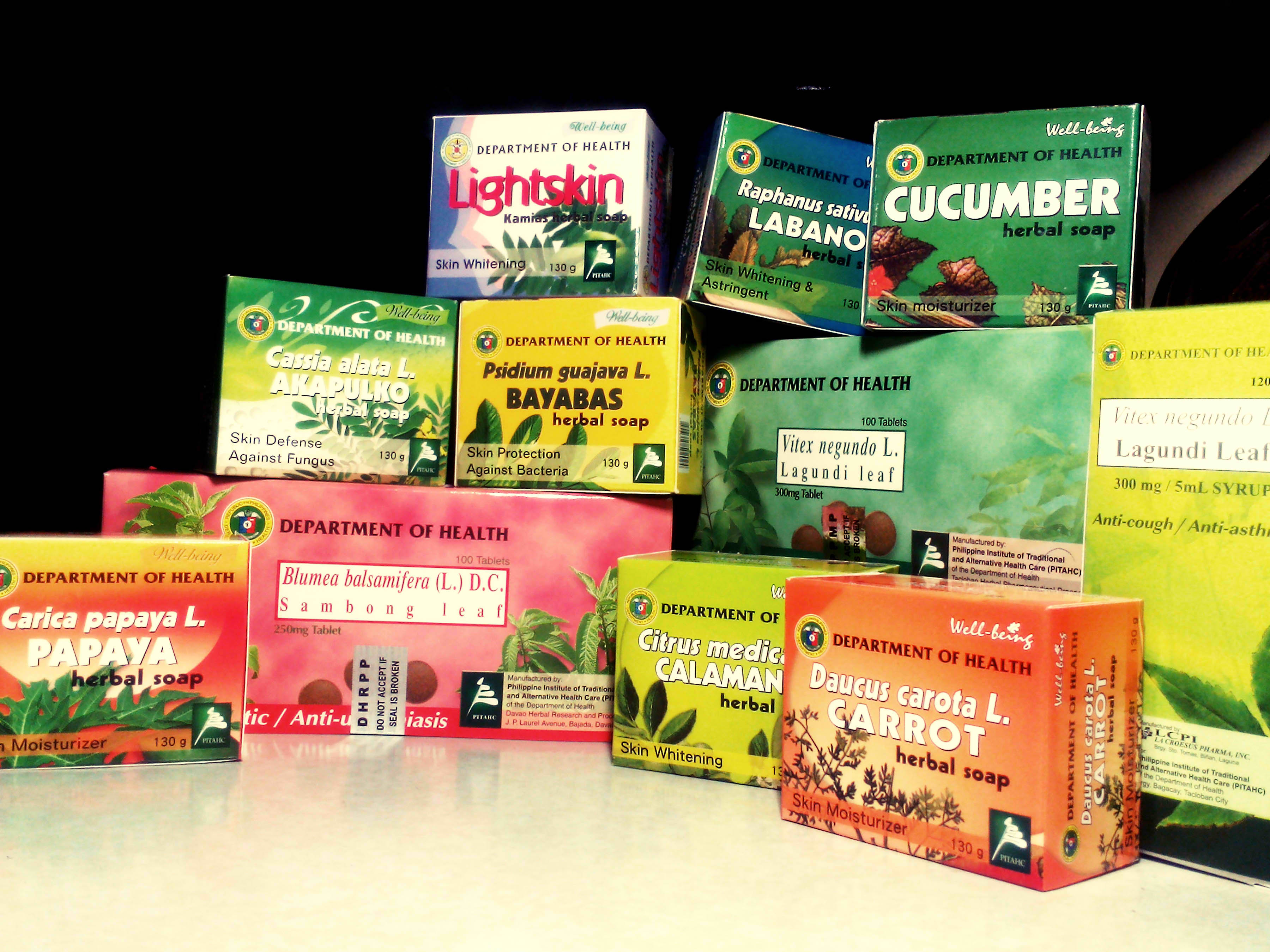
MANILA — Nationwide net sales of government-made herbal products surged by almost Php26 million in 2013 following successive calamities that rocked the country that year.
According to data from the State-run Philippine Institute of Traditional and Alternative Health Care (PITAHC), which manufactures such products, the surge raised government’s total net herbal product sales to some Php87.31 million last year from Php61.65 million in 2012.
Demand for and sale of the herbal products significantly rose in 2013 when calamities affected thousands of people, noted PITAHC.
Among such calamities were the Moro National Liberation Front rebels’ siege of Zamboanga City in September, the magnitude 7.2 earthquake which rocked Bohol province in October but affected other areas as well and the onslaught of super typhoon ‘Yolanda’ (international name ‘Haiyan’) in Central Philippines last November, noted PITAHC.
“Department of Health (DOH) in particular purchased a lot of our products for distribution to the calamity victims,” said PITAHC marketing division chief Eva Beltran.
She noted that DOH, regions’ centers for health development offices and LGUs are among PITAHC’s clients.
In its April 17, 2014 update on ‘Yolanda,’ National Disaster Risk Reduction and Management Council reported ‘Yolanda’ alone already affected some 16 million people in regions IV-A, IV-B, V, VI, VII, VIII, X, XI and Caraga.
Experts cited ‘Yolanda’ as among the strongest tropical cyclone to make landfall in the world’s recorded history.
Herbal products PITAHC produces include lagundi tablets and syrup which this agency said are for therapy of bronchospasm in acute bronchial asthma, chronic bronchitis and other bronchopulmonary disorders.
Both products are also indicated for other forms of cough due to the common cold, flu and pharyngitis, noted PITAHC.
PITAHC likewise reported manufacturing and selling sambong tablets for use as diuretic and for dissolving kidney stones.
The agency further said its tsaang gubat tablets are forsymptomatic relief of abdominal pain due to spasm.
Aside from such products, PITAHC also manufactures various herbal soaps using local plants like akapulko, papaya, kamias, bayabas, labanos, carrot, calamansi and cucumber.
Lagundi (‘Vitex negundo L.’), sambong (‘Blumea balsamifera (L.) DC.’) and tsaang gubat (‘Ehretia microphylla Lam.’) are among 10 plant species experts studied under the National Integrated Research Programon Medicinal Plants (NIRPROMP).
NIRPROMP likewise covered akapulko (‘Cassia alata L.’), bayabas (‘Psidium guajava L.’), yerba buena (‘Mentha x cordifolia Opiz ex fresen’), niyug-niyogan (‘Quisqualis indica L.’), ulasimang bato (‘Peperomia pellucida’), bawang (‘Allium sativum’) and ampalaya (‘Momordica charantia’).
PITAHC manufactures herbal medicine at its plants in Tuguegarao, Tacloban and Davao while this agency’s plant in Cotabato produces the herbal soaps.
Data from PITAHC further show this agency’s net sales of herbal products already totaled Php371.75 million in the 2009-2013 period.
During that reference period, PITAHC recorded rising annual net sales of Php60.24 million (2009), Php76.24 million (2010) and Php86.31 million (2011).
Production of lagundi syrup declined in 2012, dampening PITAHC’s total net sales that year (Php61.65 million), but the agency said output and revenues picked up in 2013.
To improve its products, PITAHC continues undertaking several research and development (R&D) projects.
PITAHC’s on-going R&D projects this year include documentation of Philippine traditional knowledge and practices on health as well as product development of akapulko ointment and bayabas handwash.
RA 8423 (Traditional and Alternative Medicine Act of 1997) established PITAHC as a DOH-attached agency to accelerate development of traditional and alternative health care in the Philippines.
Traditional and alternative health care is “the sum total of knowledge, skills and practices on health care, other than those embodied in biomedicine, used in the prevention, diagnosis and elimination of physical or mental disorder,” reads RA 8423.
One comment on “Calamities fuel demand for government’s herbal products”
Comments are closed.